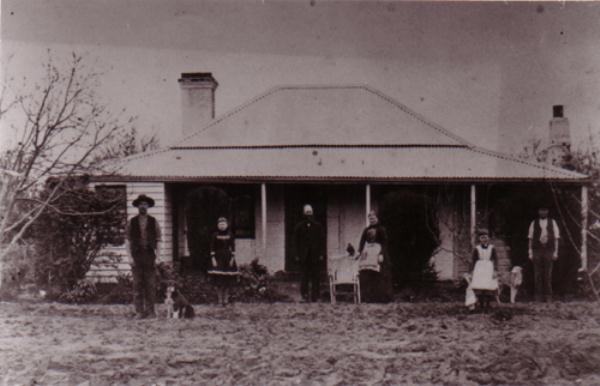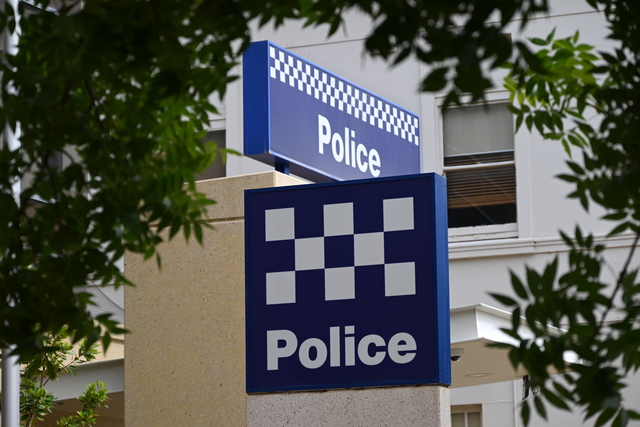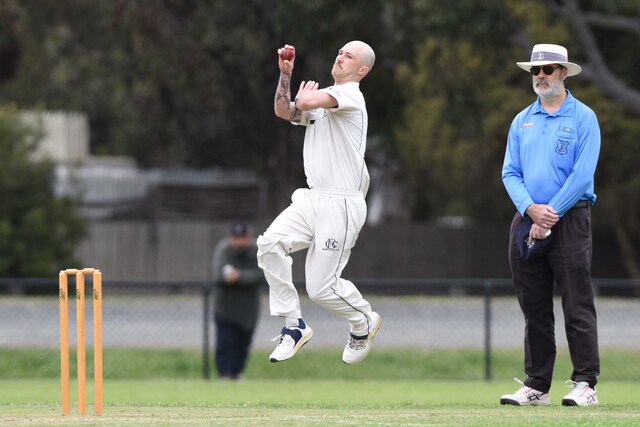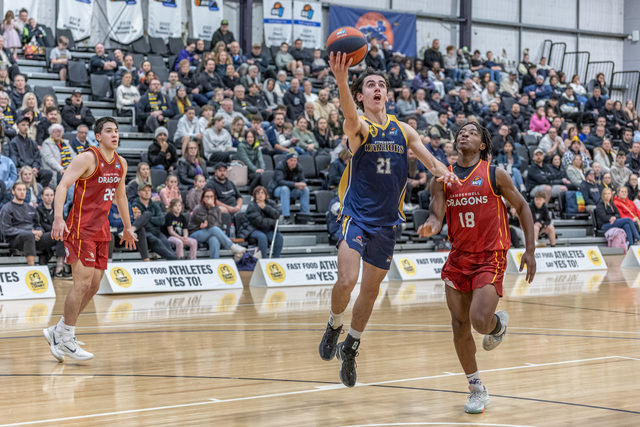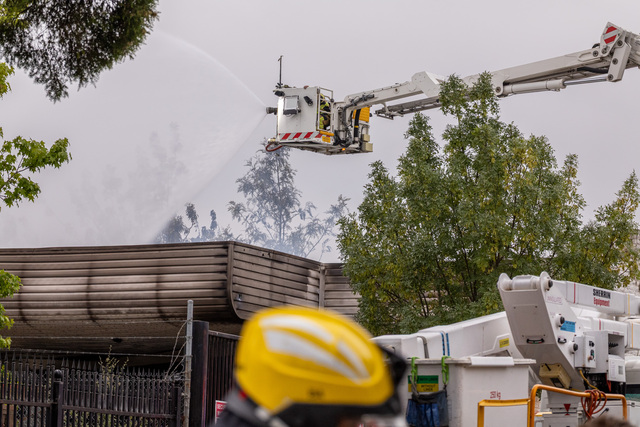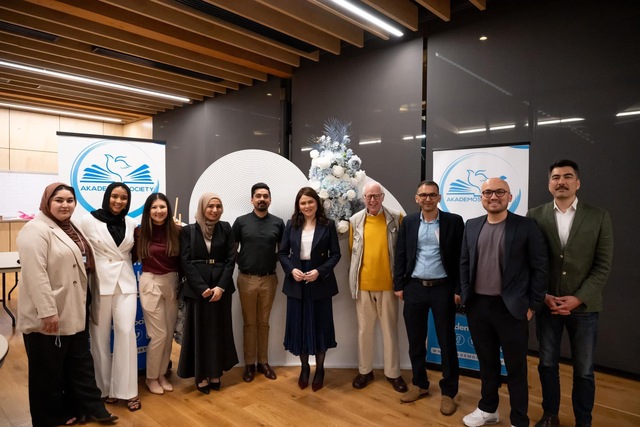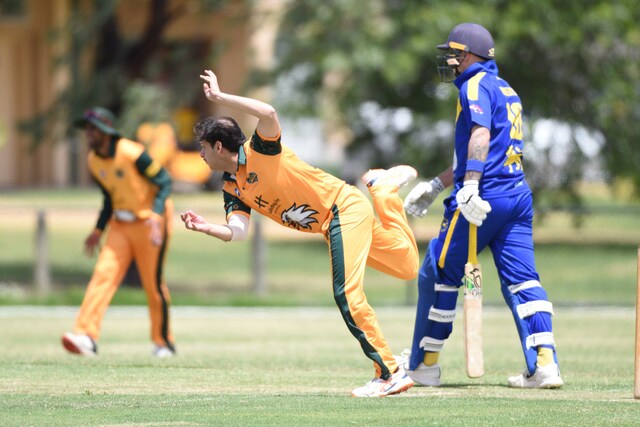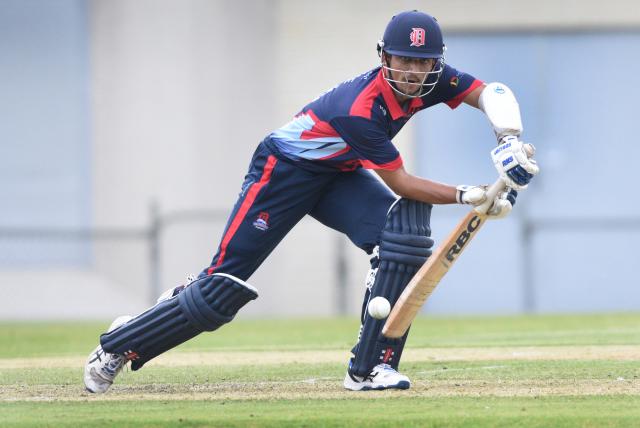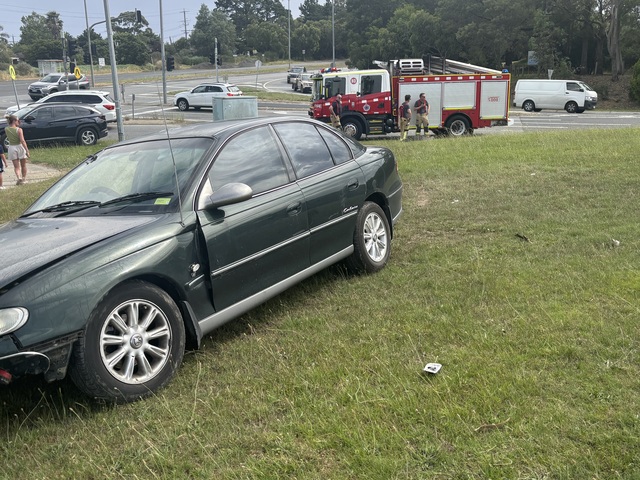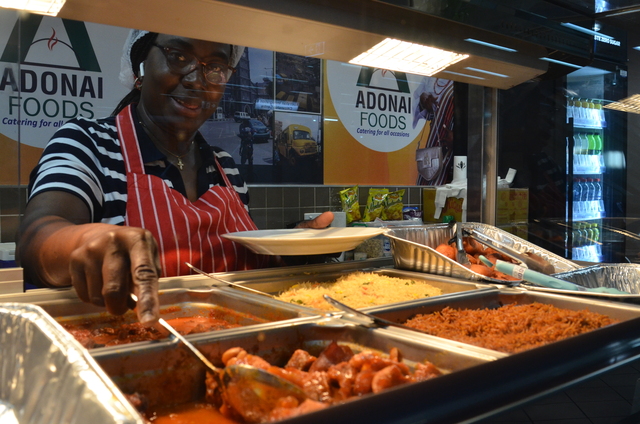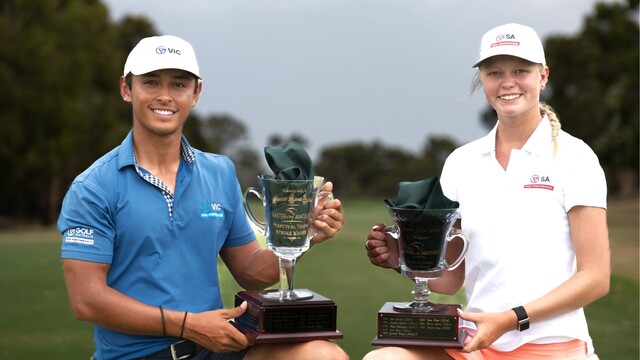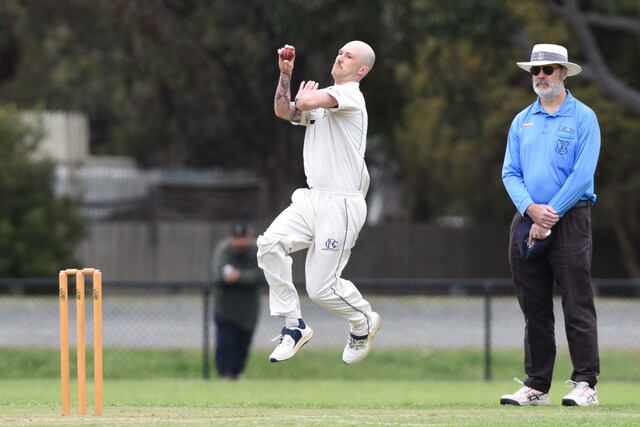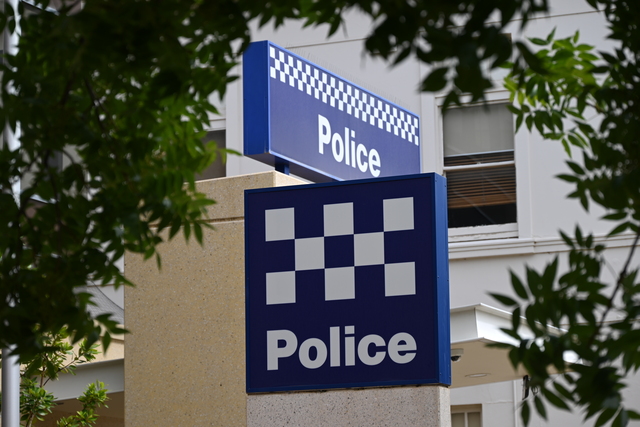What’s in a Name delves into the fascinating stories and personalities behind some of the city’s best known street names. This week the Journal looks at Corrigan Road, Keysborough, which was named after pioneering couple Thomas and Mary Corrigan and their descendants.
THOMAS Corrigan was a sergeant of police in the Royal Irish Constabulary, Dublin, before he and his wife Mary packed up their six children in 1848 and set sail aboard the Nelson for Australia.
During the 128 day journey, Mary Corrigan gave birth to another child, James.
Tragically the family also lost a daughter, Bella, who died during the voyage.
Thomas worked as a policeman for a short time in Melbourne before the family joined the gold rush, heading for Ballarat to dig for gold in 1851.
After a year the Corrigans returned to Melbourne.
Legend has it that in order to ward off bushrangers Thomas tipped the family’s drays up, back to back, and kept guard all night with a double-barrel shotgun.
Using proceeds from their success foraging for gold, the Corrigans bought land in Keysborough sight-unseen for £1 per acre.
There were no roads in the area at the time, so marks burned into trees at the four corners of their selection was the only way the family could tell where the boundary of their property was.
The only other people in the area at the time was the family of George Keys, after whom the suburb would later be named.
At first the Corrigans lived in tents before Thomas and his sons built a timber home.
They earned money carting stores by bullock dray from Melbourne to the Mt Alexander and Buckland goldfields.
The eldest son William Corrigan married Sarah Earber whose family was from county Monaghan, Ireland.
The couple inherited the family property and raised their five children, Sarah, William Leamon, Robert, Mary and Letitia there.
Around 1896 William Leamon, accompanied by Jack and George Keys, headed to Fremantle, Western Australia.
They bought horses, carts, stores and a condenser to distill water before setting out for the gold fields of Kalgoorlie.
The journey took two months and the men walked most of the way.
Bill’s horse ate a poisonous weed about 20 miles from Calgardie and so the men had to pull the loaded cart the remaining 45 miles to Kalgoorlie.
Want to know the history behind a street name in Greater Dandenong. Let us know and we’ll find out! Email journal@starnewsgroup.com.au.

